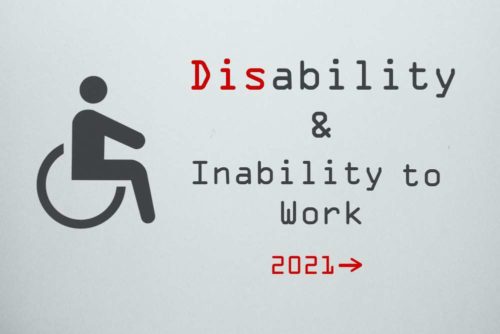On March 12, 2020 in Denmark, the Danish Prime Minister, Mette Frederiksen, informed the nation in a televised statement that the country was shutting down in response to COVID-19 - giving Danes 2 days to shut down. [1, 2]. The borders were closed on March 14, 2020. The first Danish COVID-19 patient was diagnosed on February 27, 2020, just 14 days earlier. That same night the Danish Parliament unanimously passed major amendments to the Epidemic Act, which Denmark has had in force since 1915. Only 95 out of 179 Danish MPs were present to vote on the emergency law which then gave health authorities powers to force testing, treatment and quarantine with the backing of the police. This amendment was temporary, due to expire March 2021. Nordic countries are known for a high degree of trust in authorities and in each other, and Norway and Denmark are a known as "Hero" countries for testing the United Nations Sustainable Development Goals, not so much Sweden, who resisted locking down. [3] The gradual reopening of Danish society began on April 15, 2020, when hospital capacity was underused. Then around November 7, 2020 thousands of Danes began protesting in the streets of Copenhagen, outside..
> READ MORE


